
Real help. Real fast.
Call or text (650) 215-6464
Most replies within minutes · Mon–Fri 8–5 PT
Or support@solidshape.com 24/7

Call or text (650) 215-6464
Most replies within minutes · Mon–Fri 8–5 PT
Or support@solidshape.com 24/7

Call or text (650) 215-6464
Most replies in minutes · Mon–Fri 8–5 PT
Email support@solidshape.com 24/7
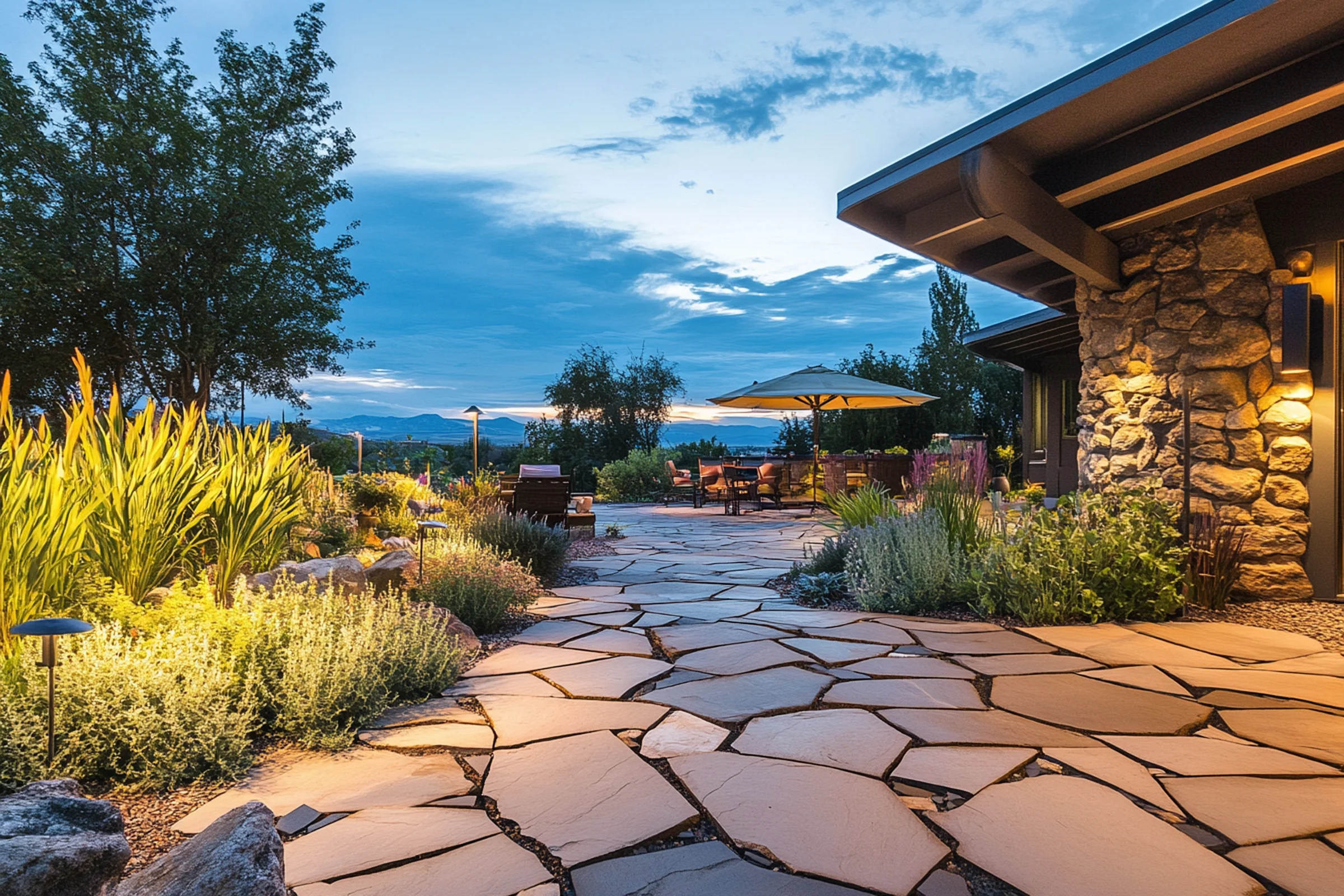
Looking for a sleek, long-lasting solution for outdoor living? Porcelain pavers combine modern style with high durability, offering a low-maintenance alternative to stone or concrete. Ideal for patios, rooftops, and walkways, they bring performance and polish to any hardscape layout. Explore the collection below.
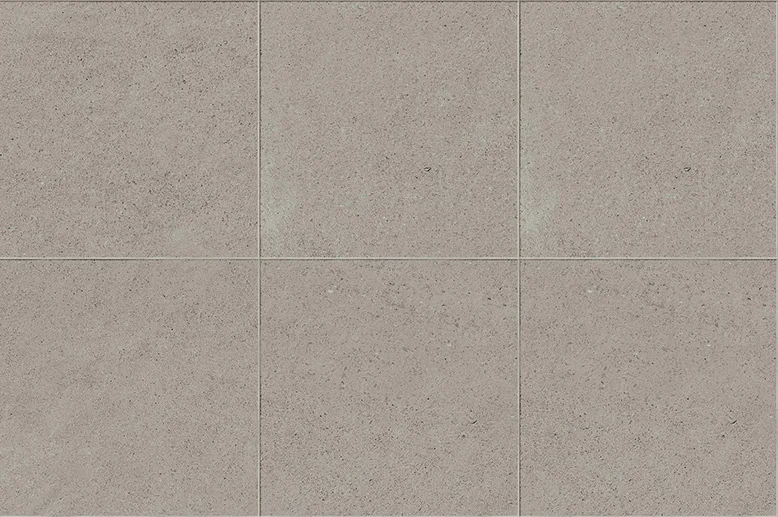

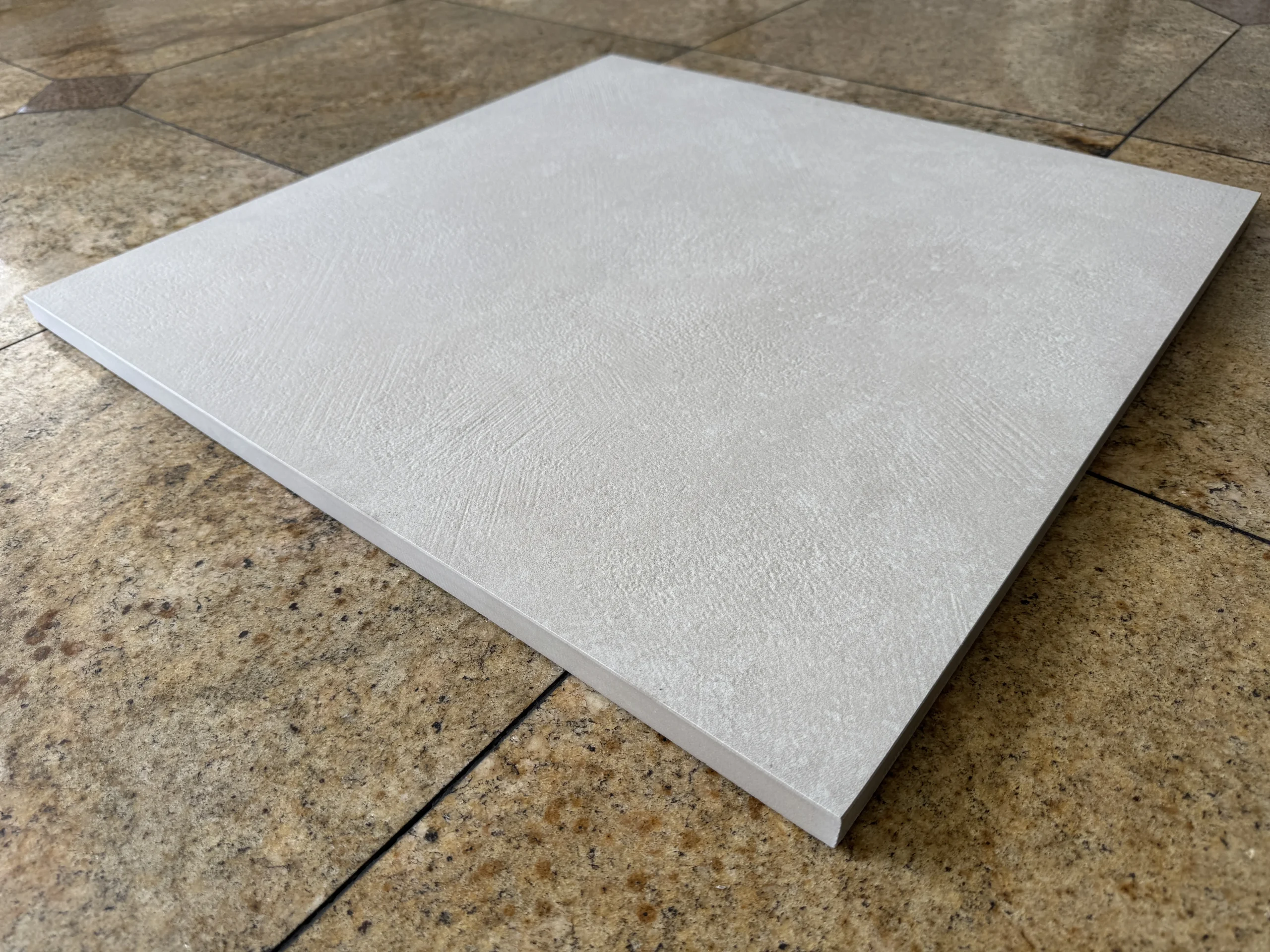
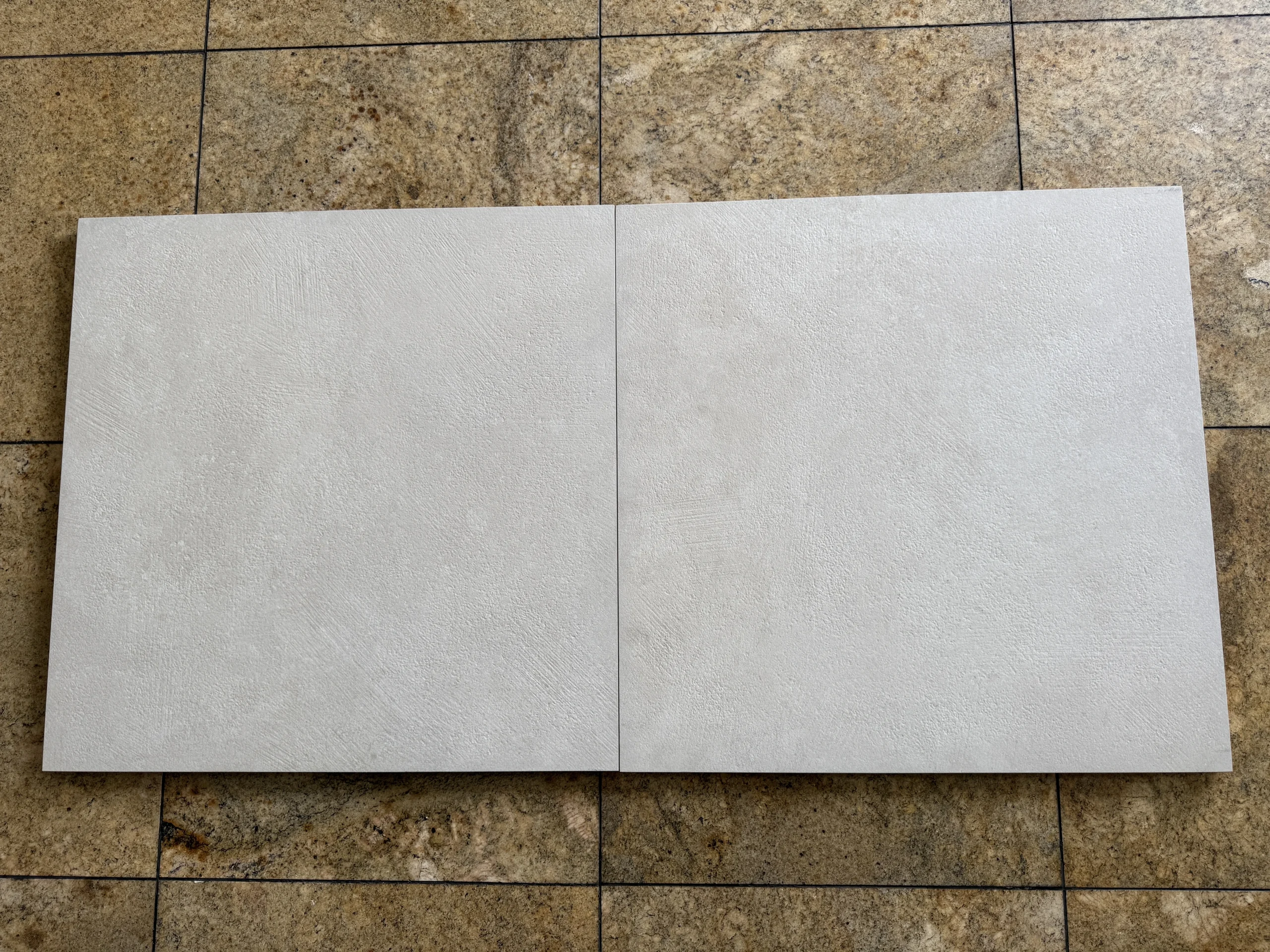
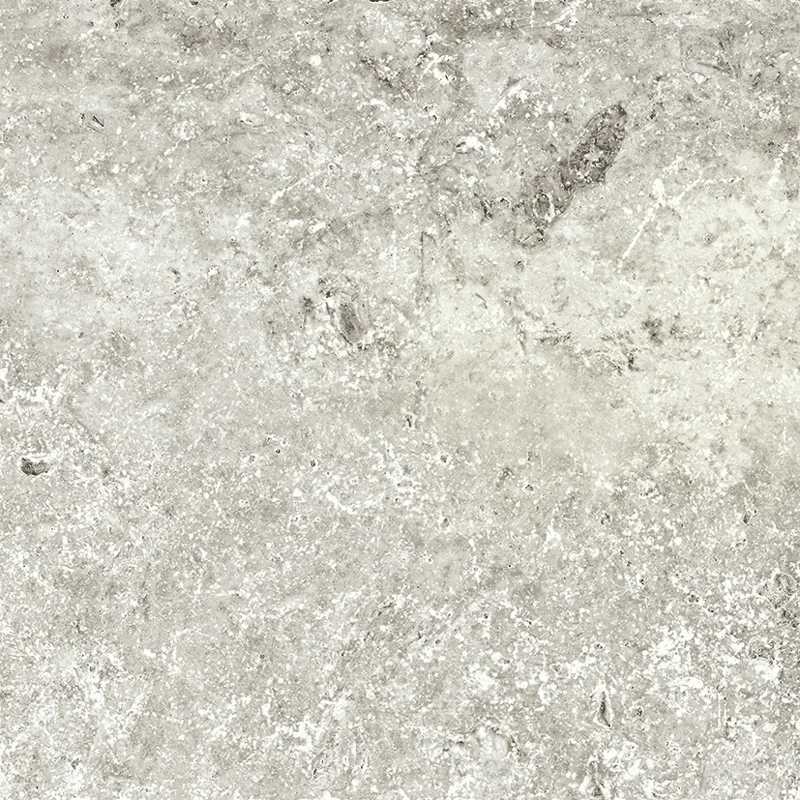




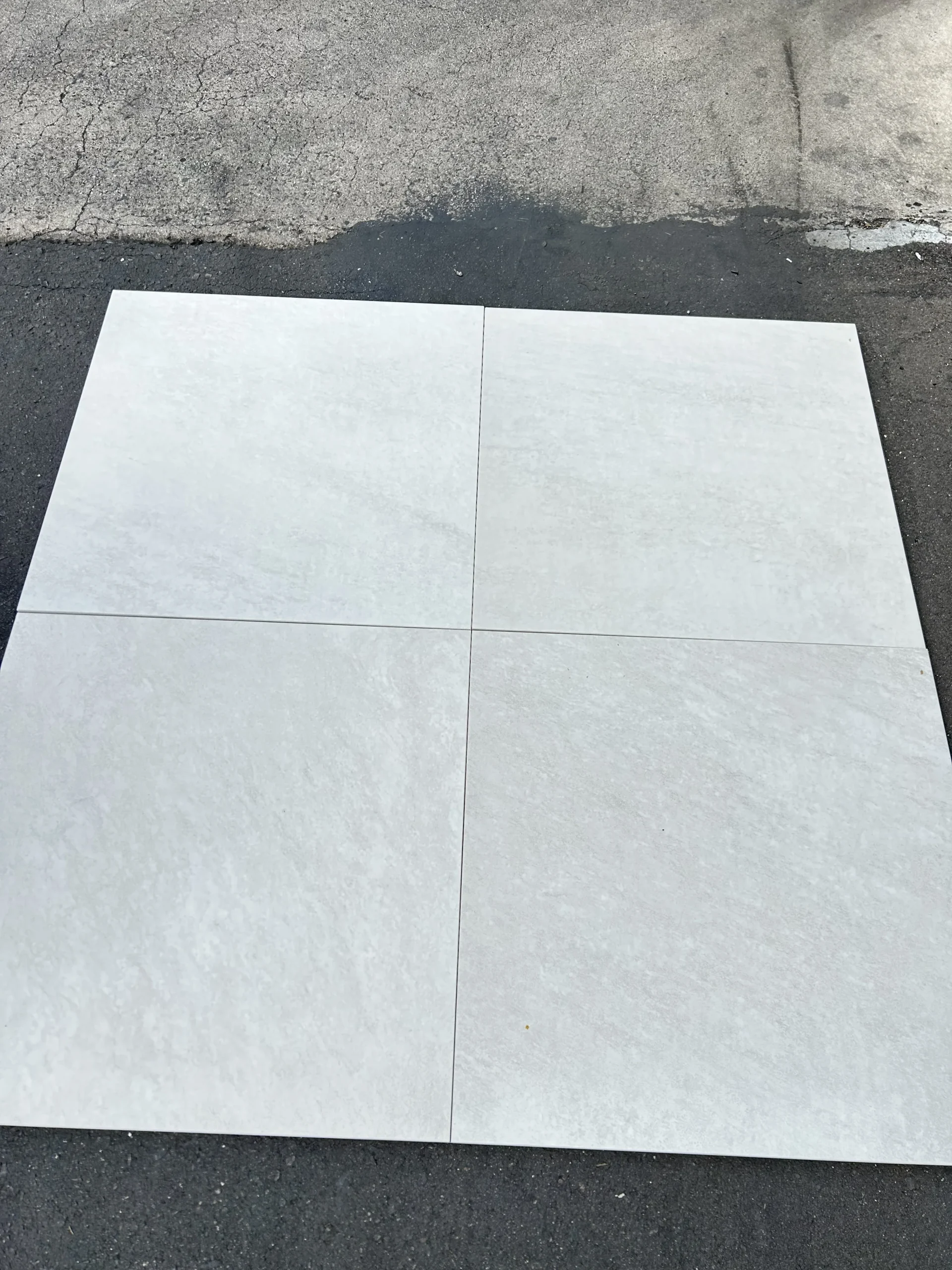
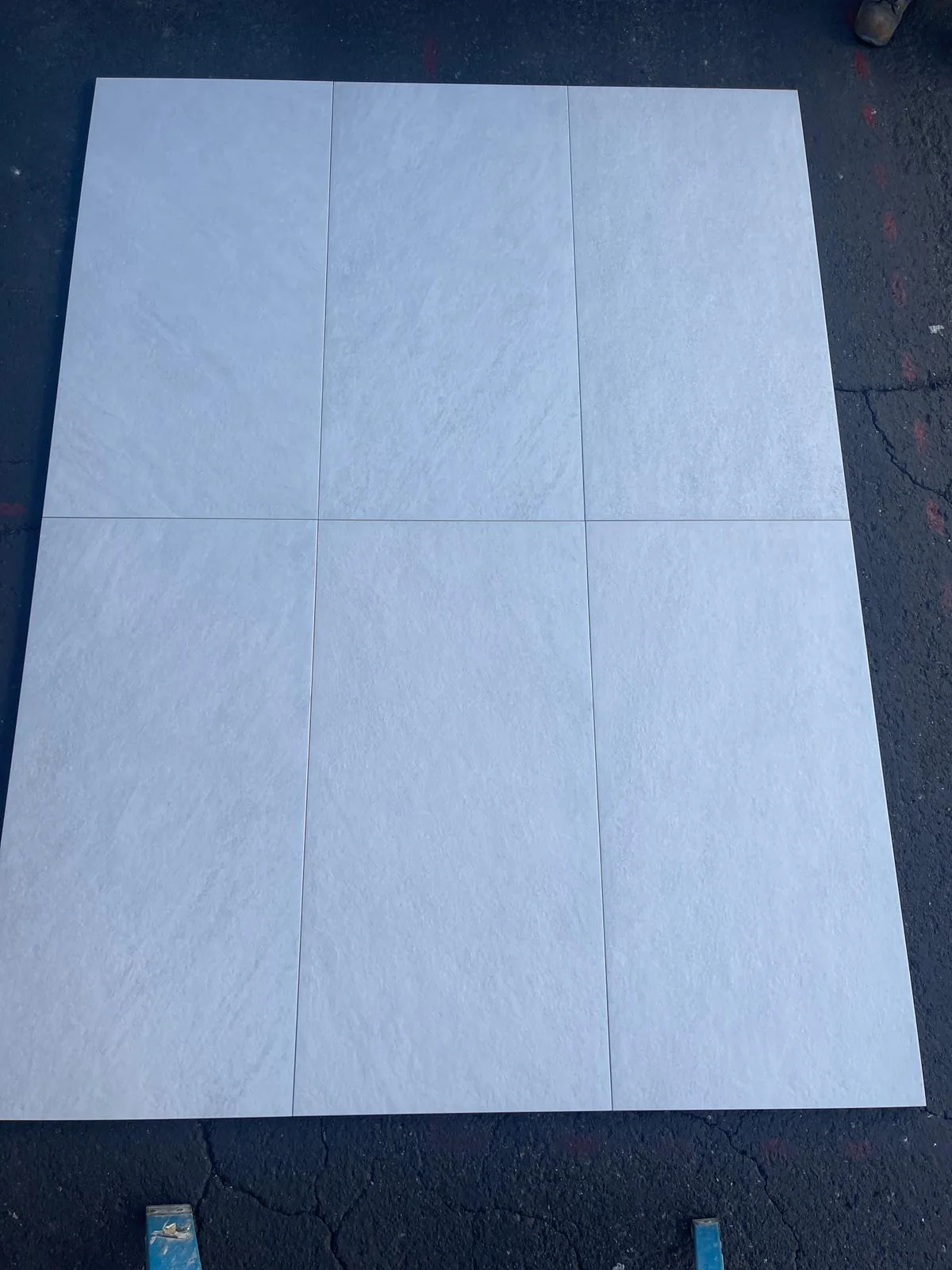
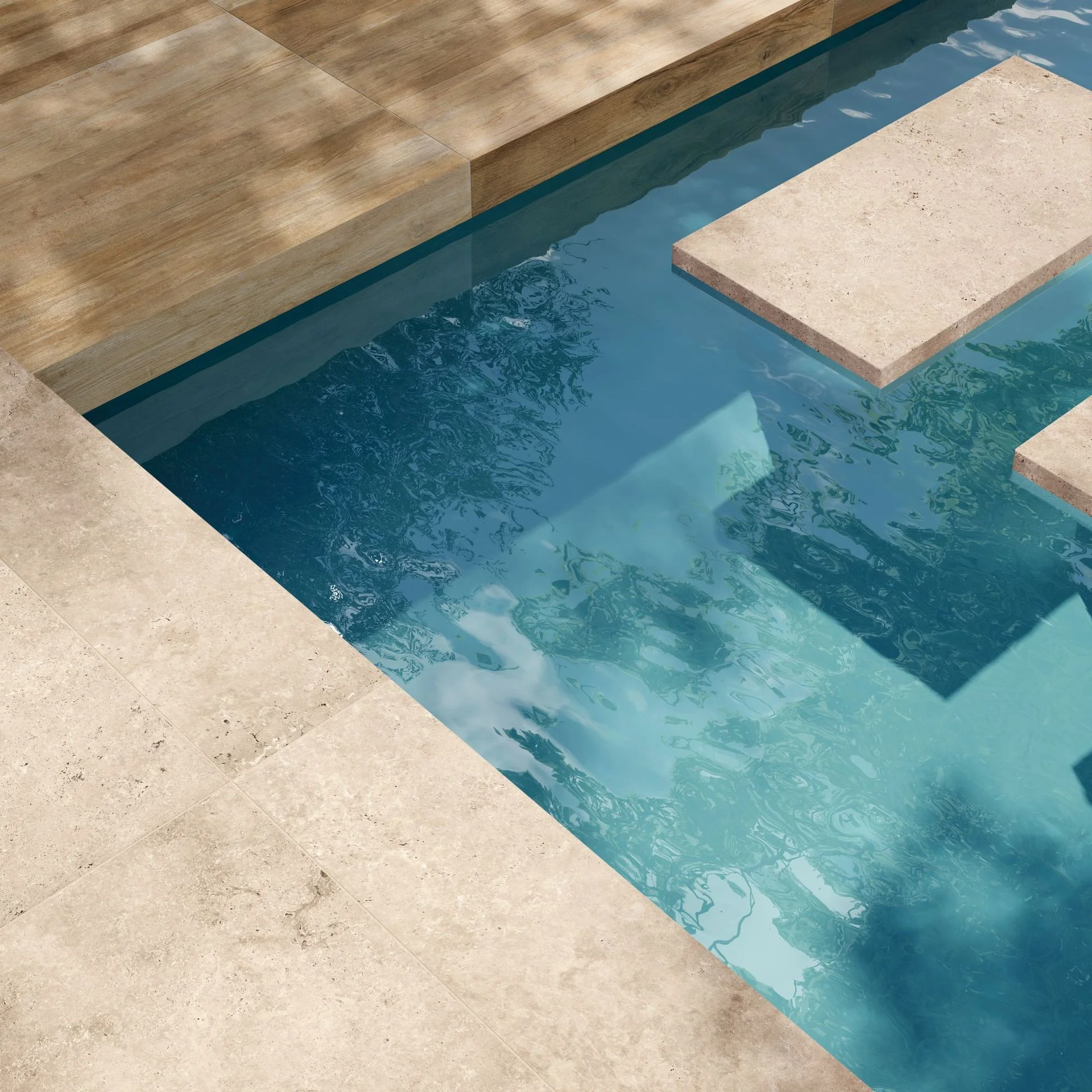
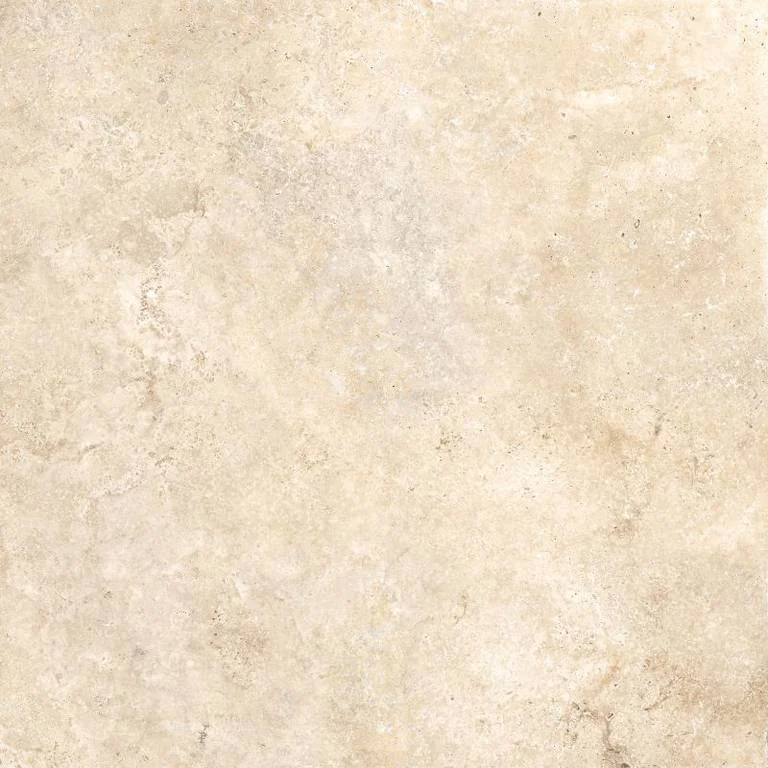

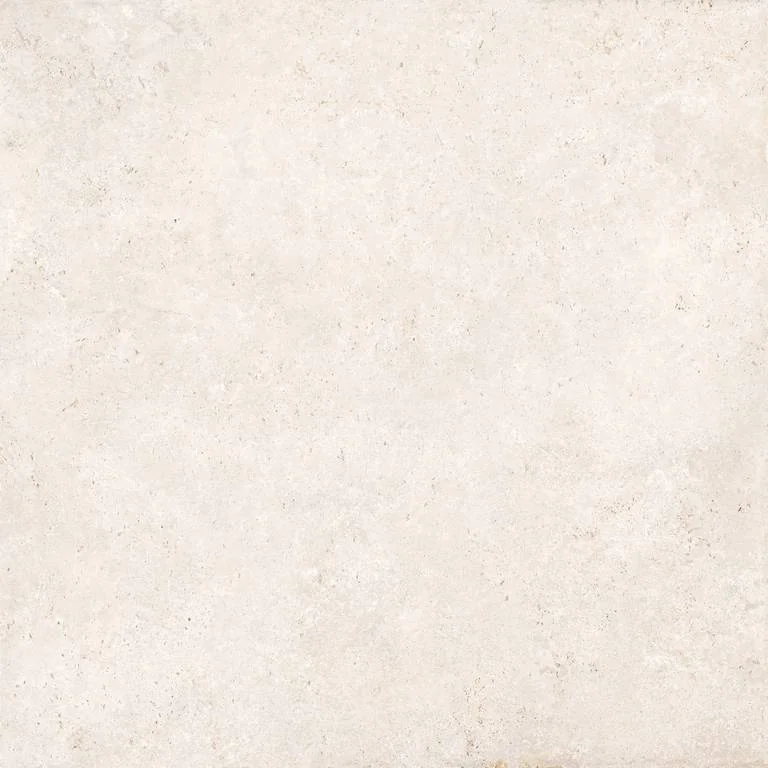
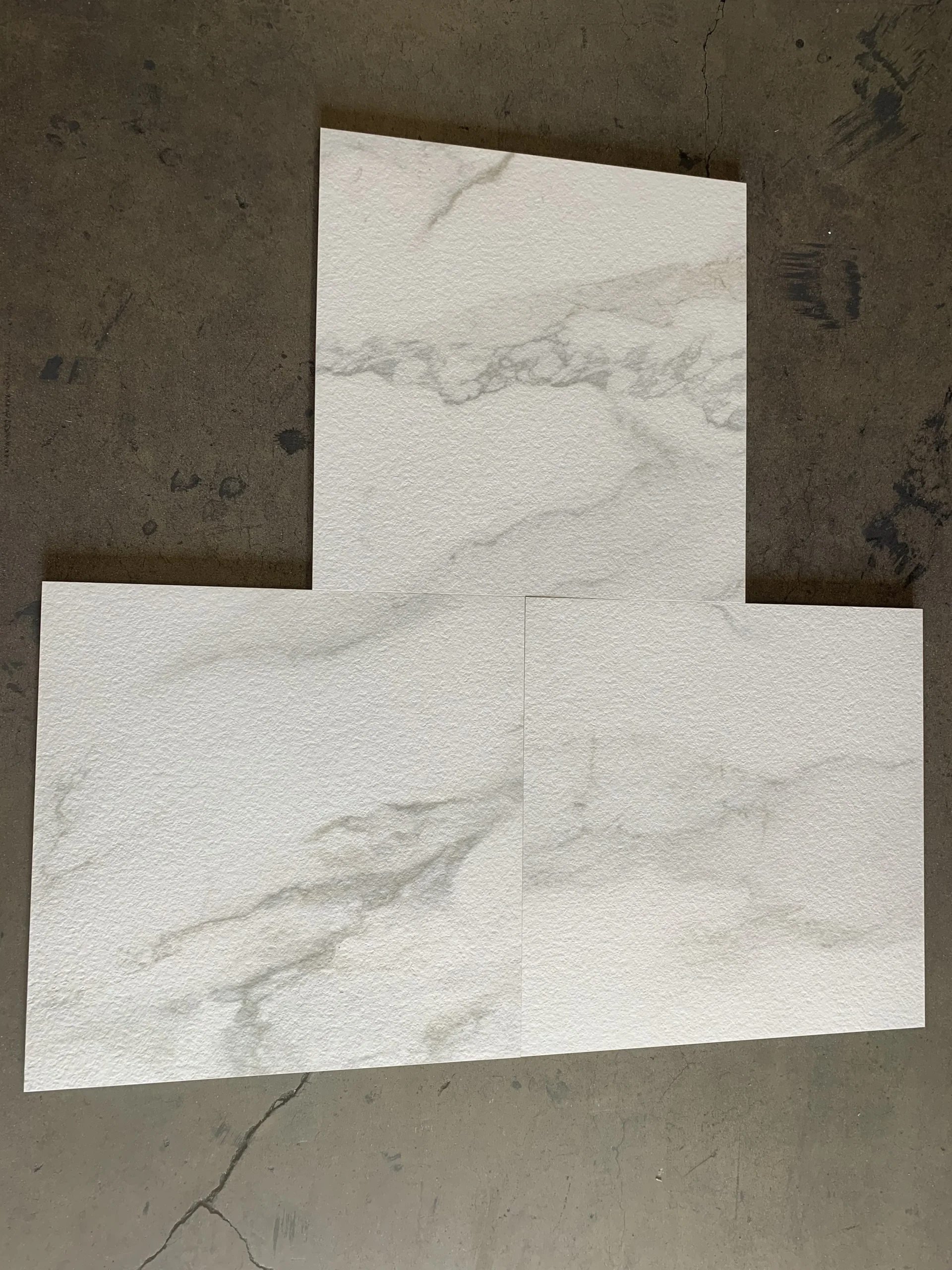
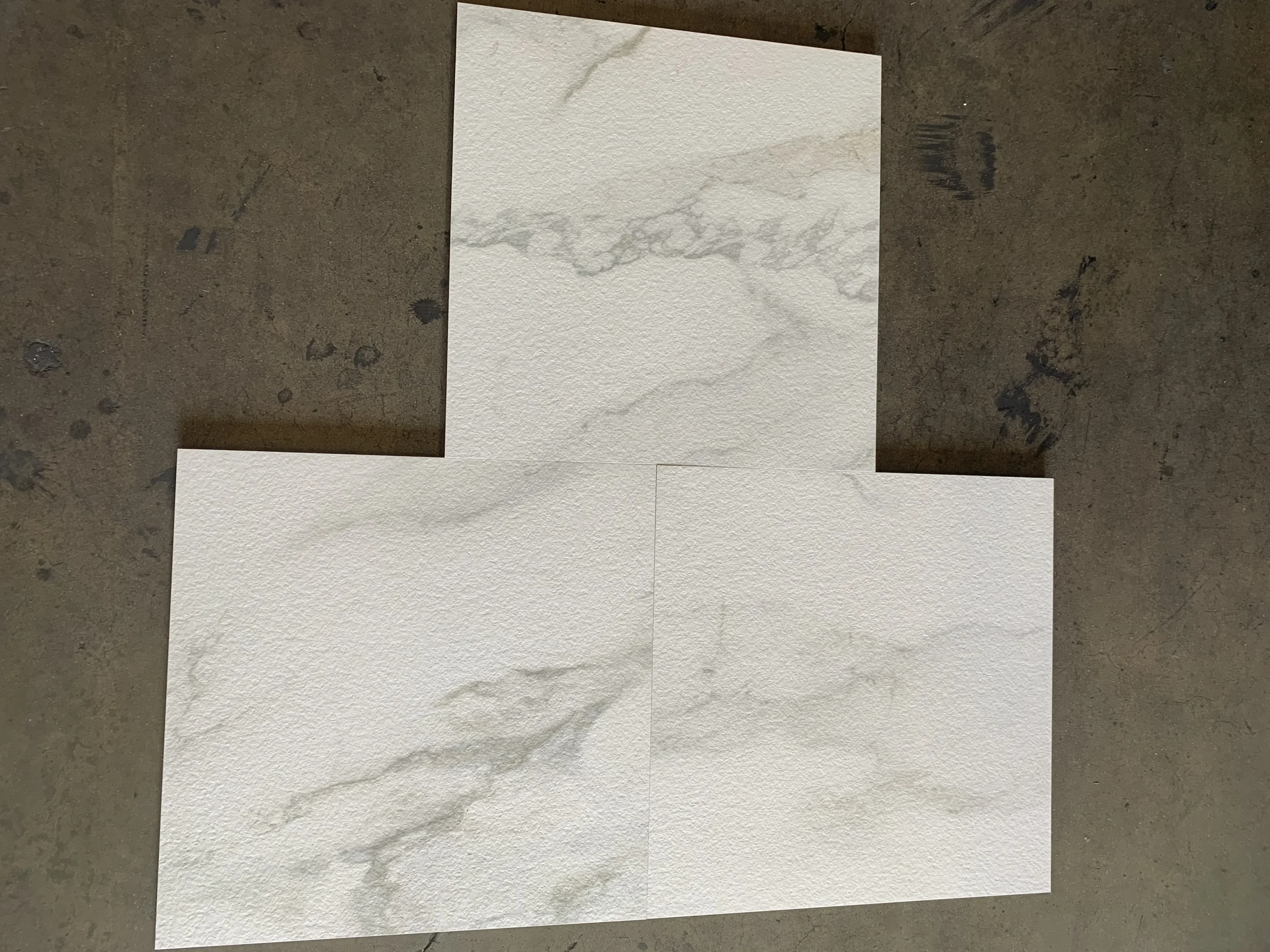
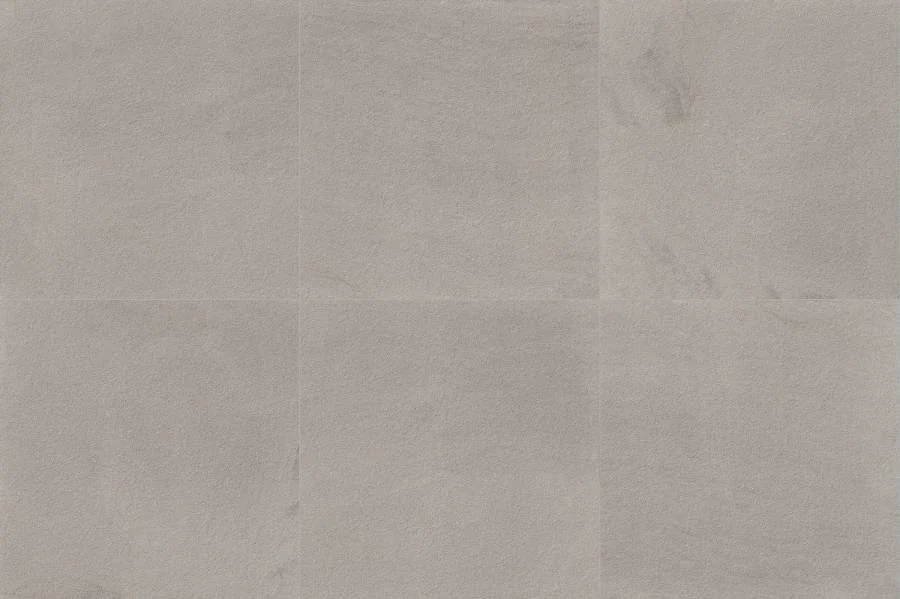
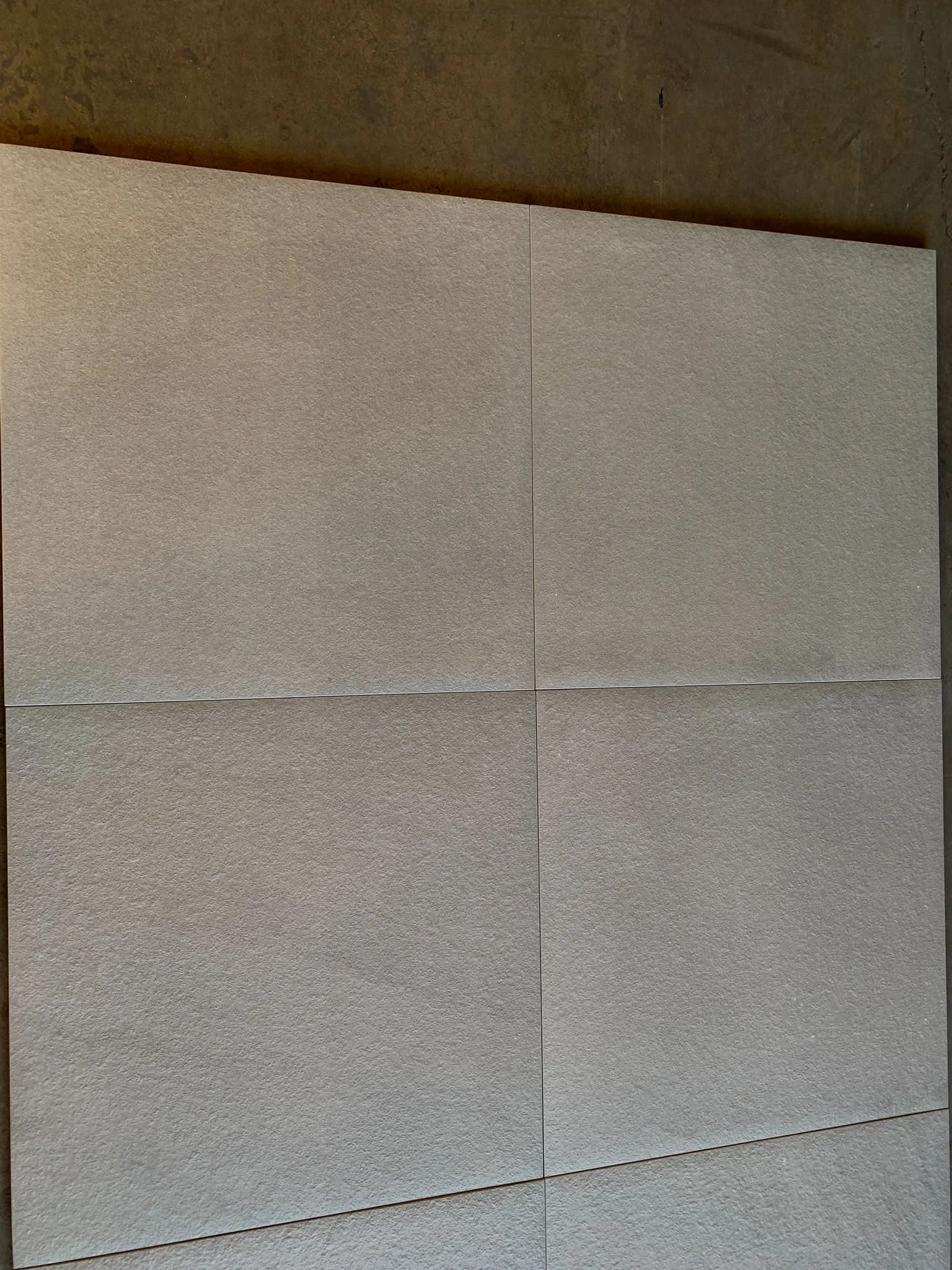
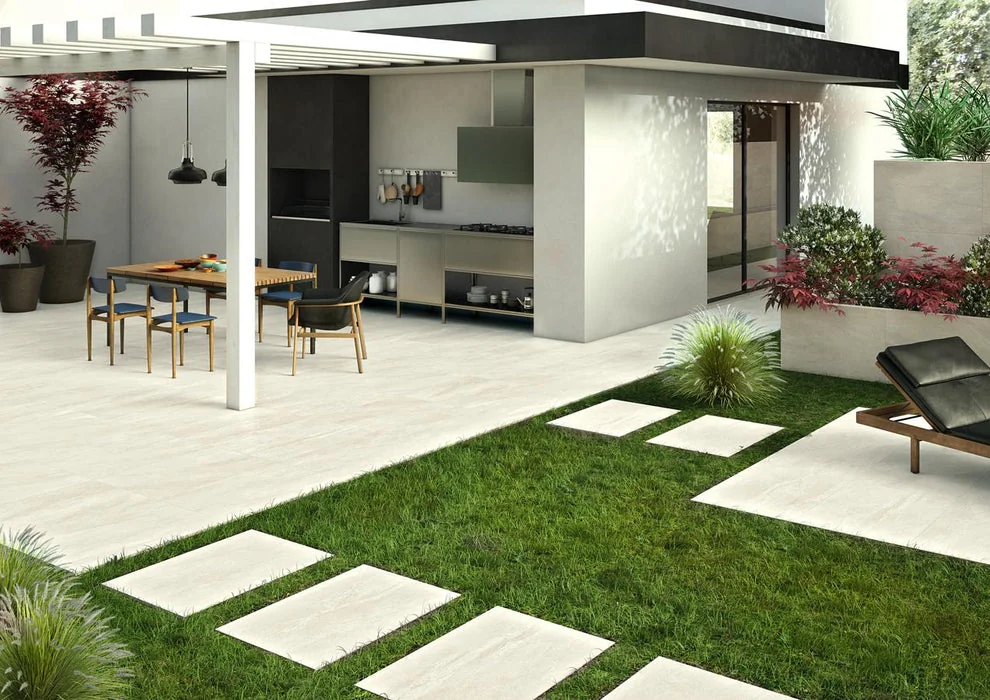
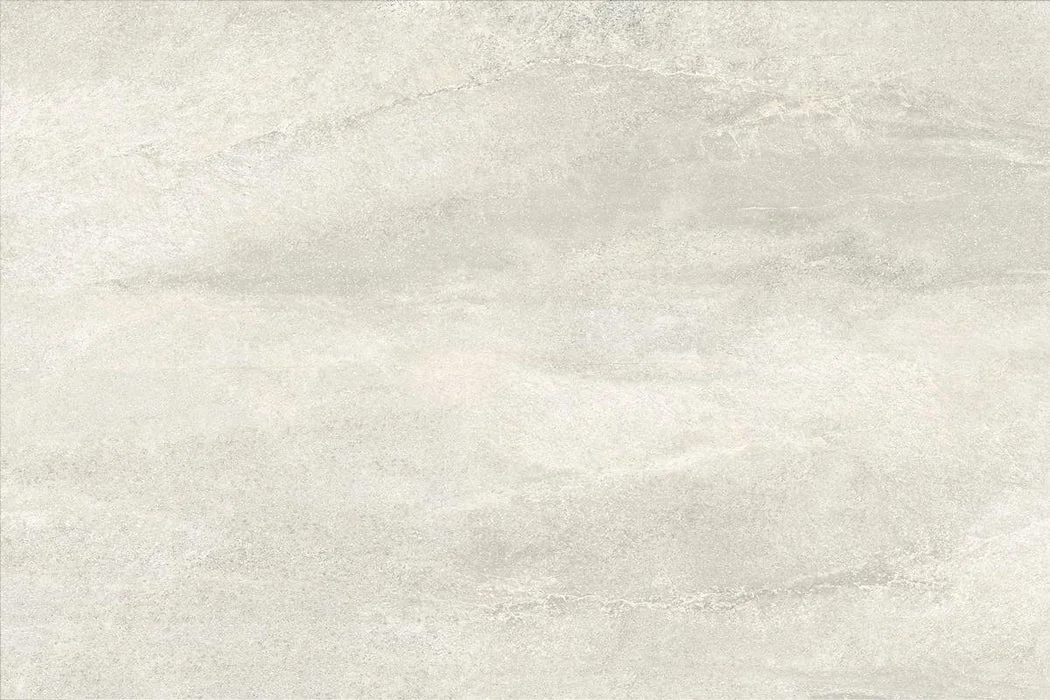
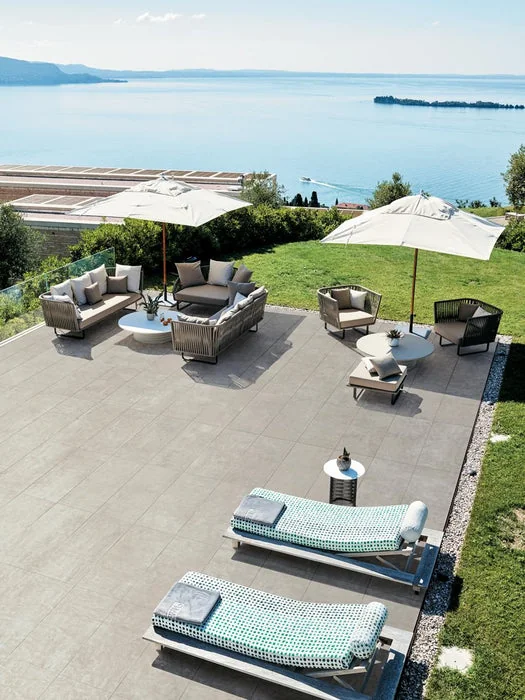

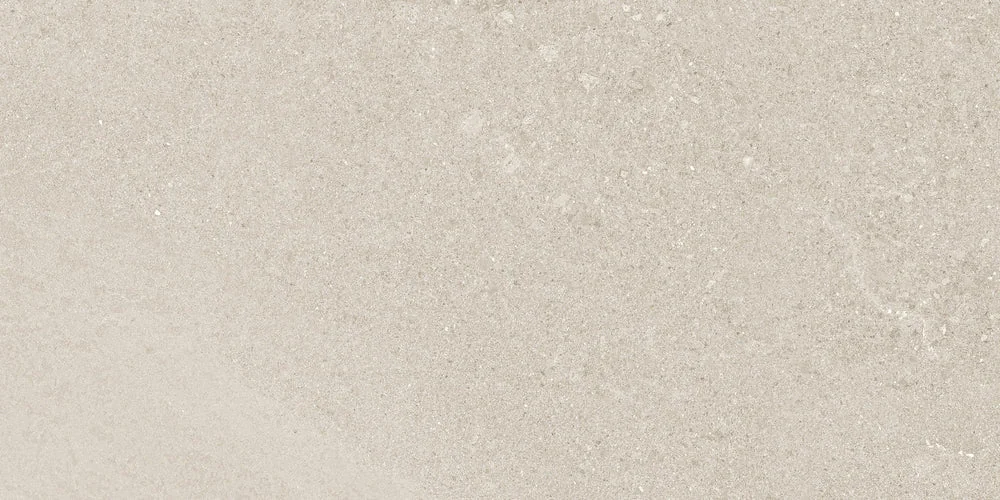
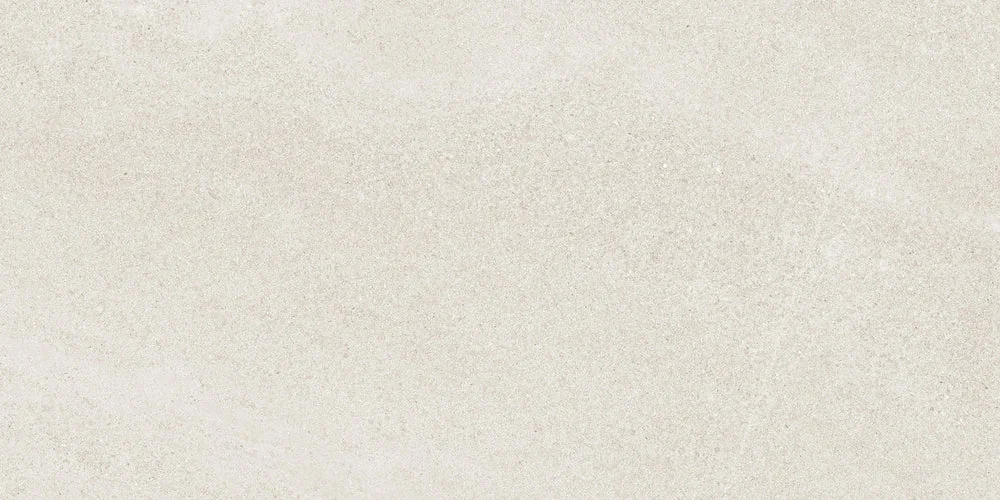


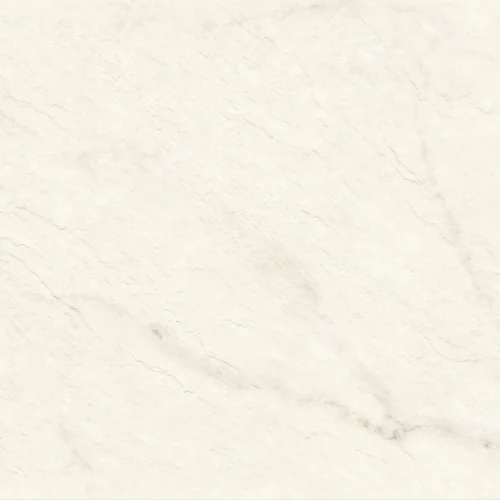

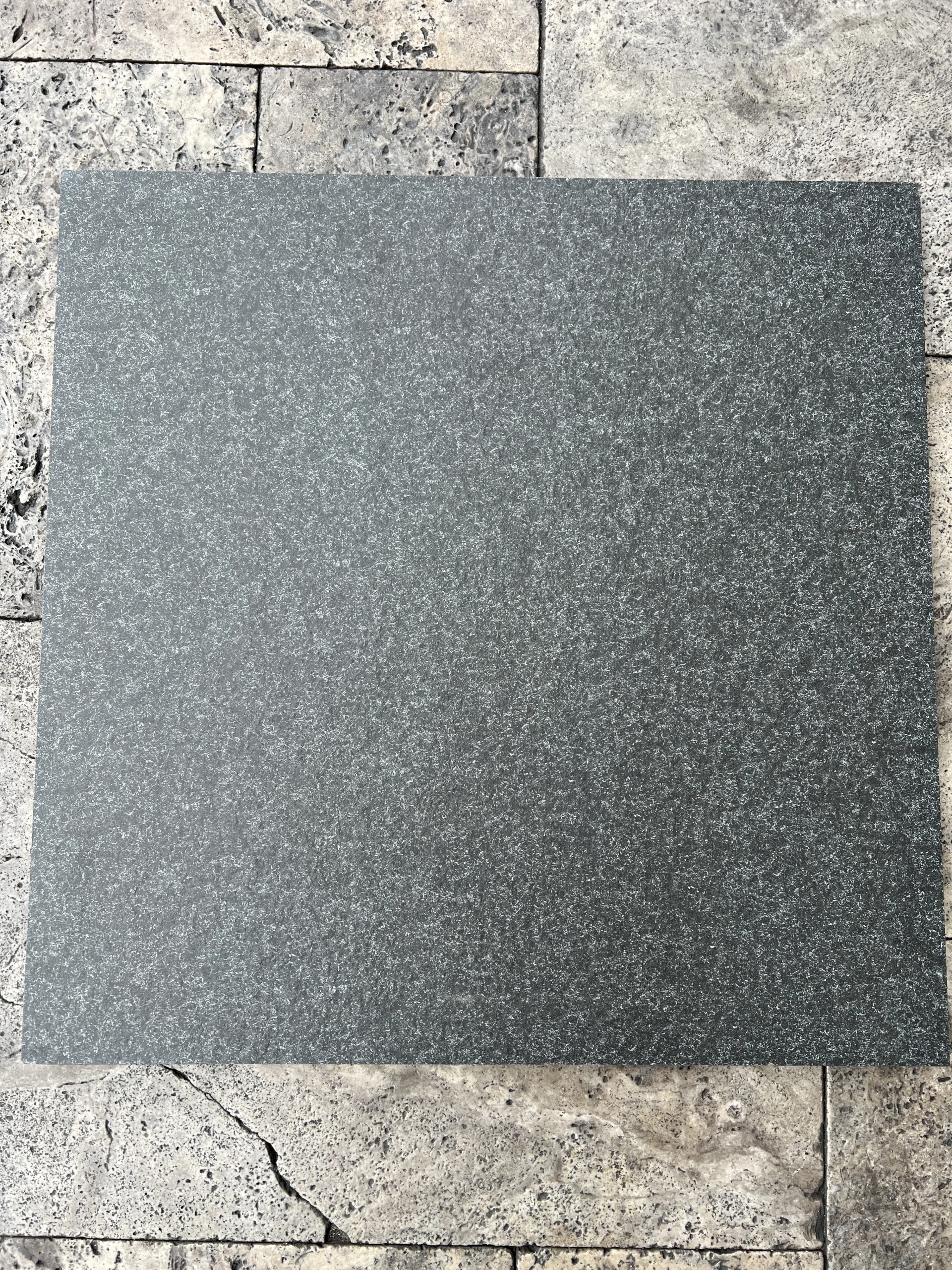
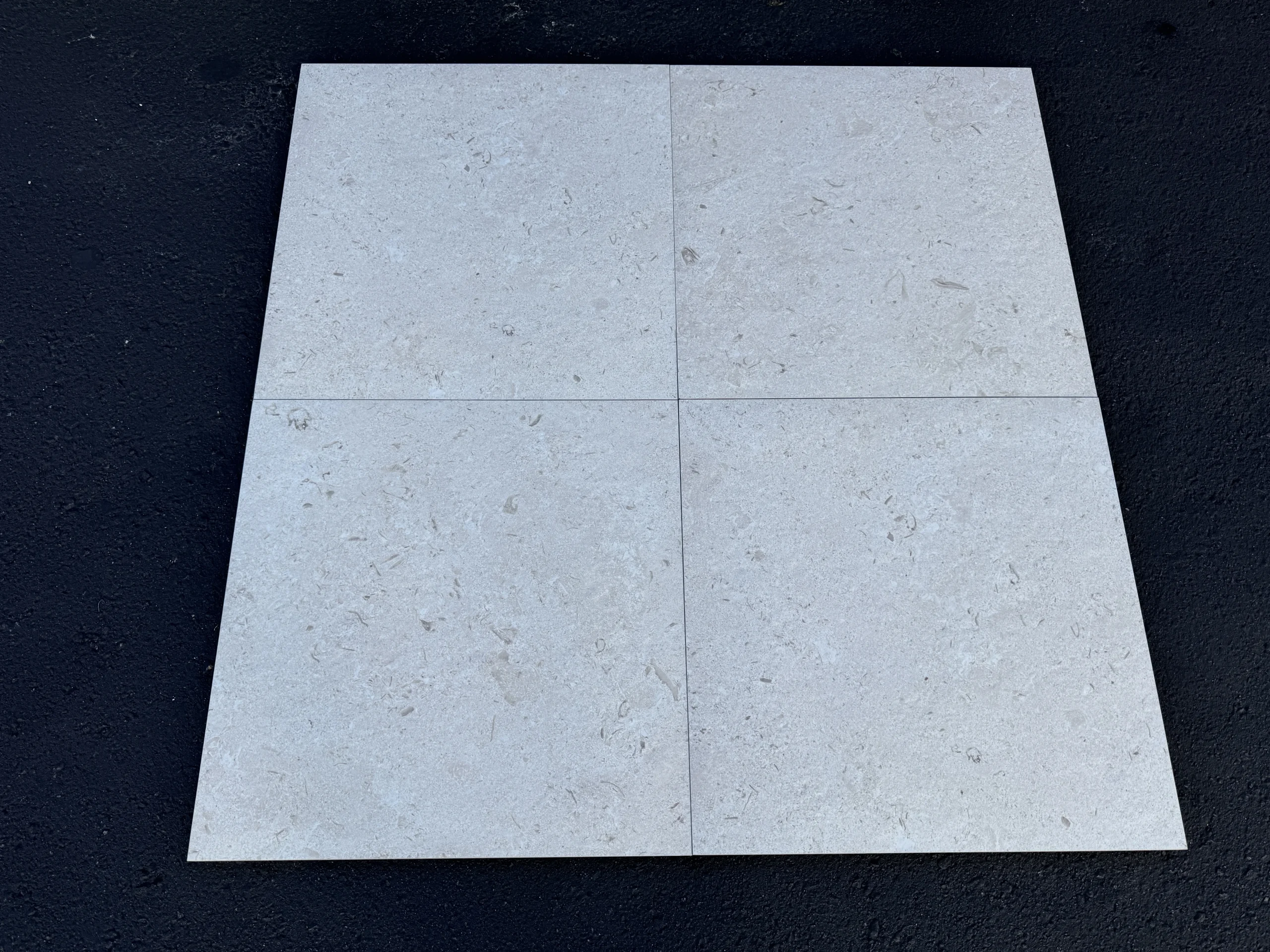
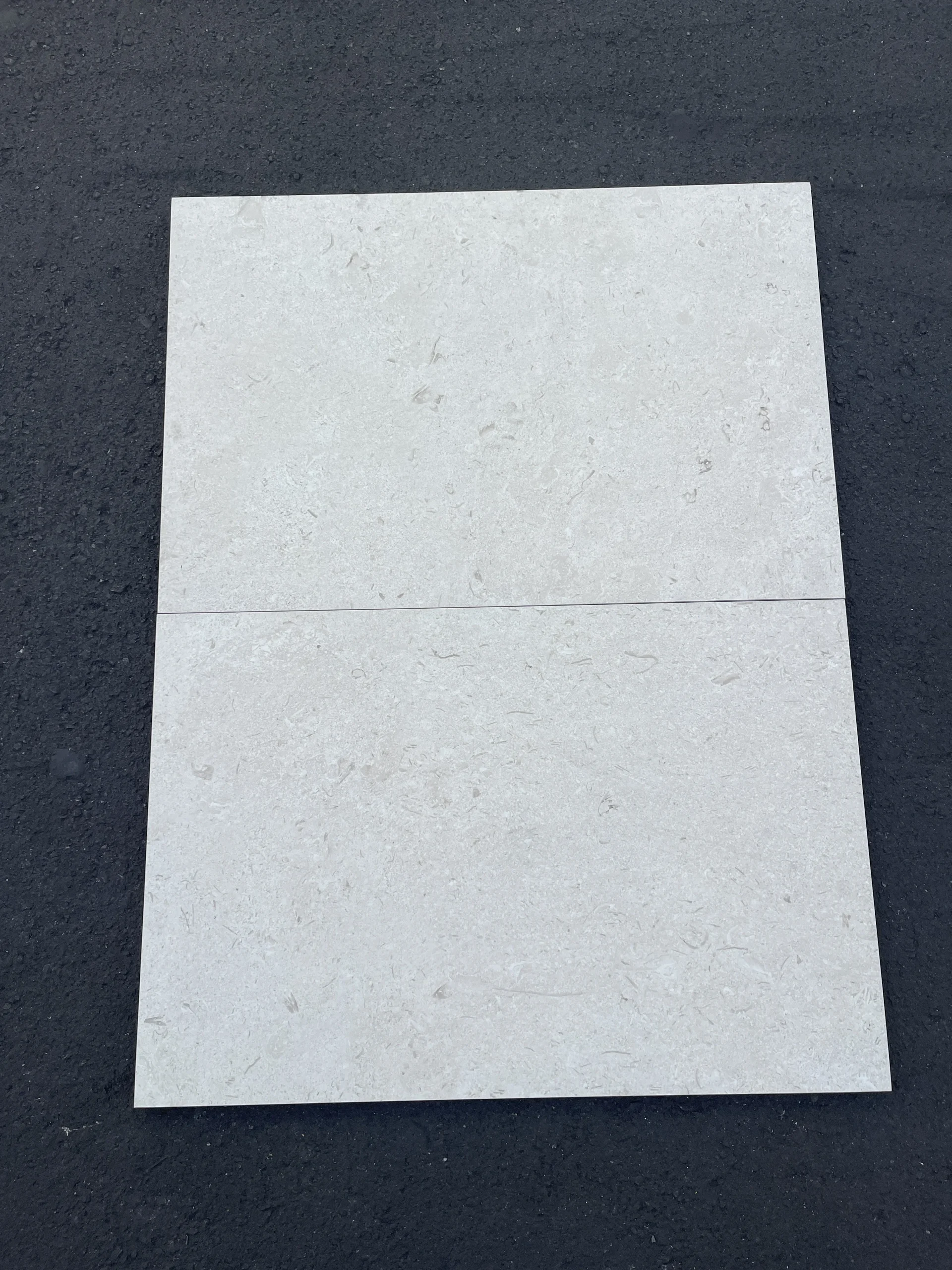
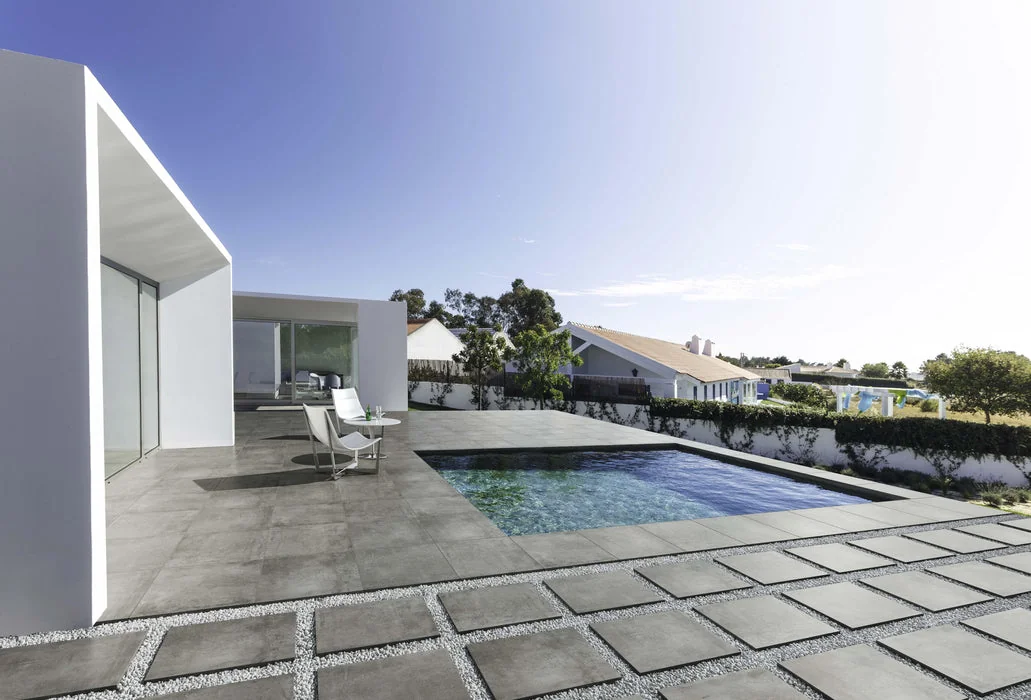
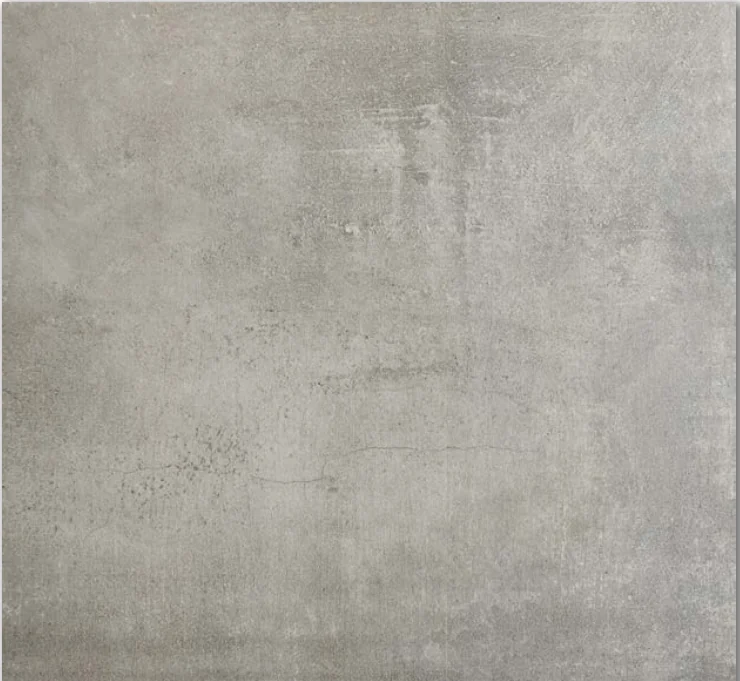
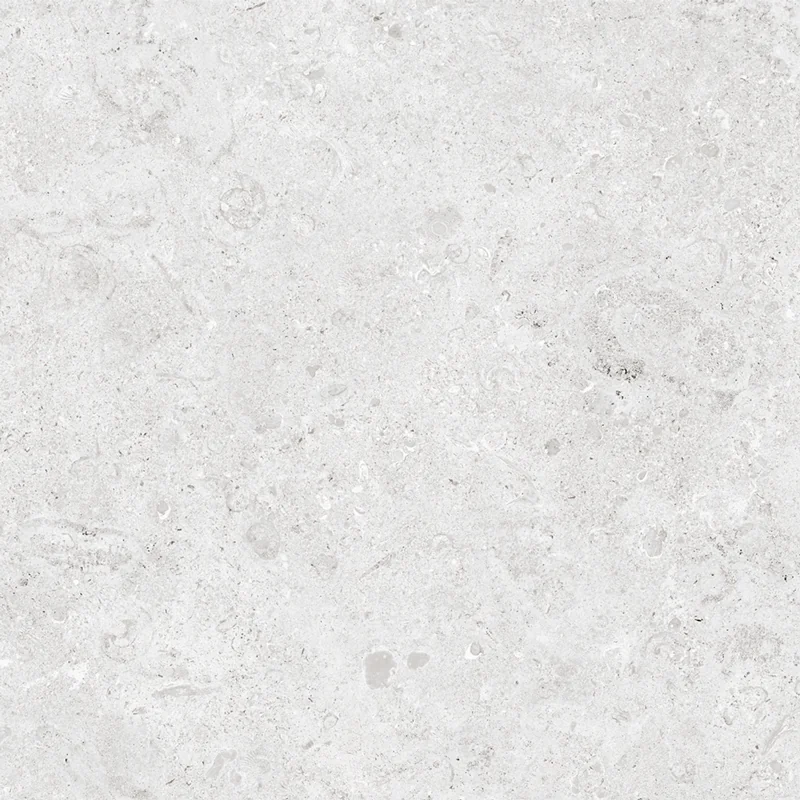

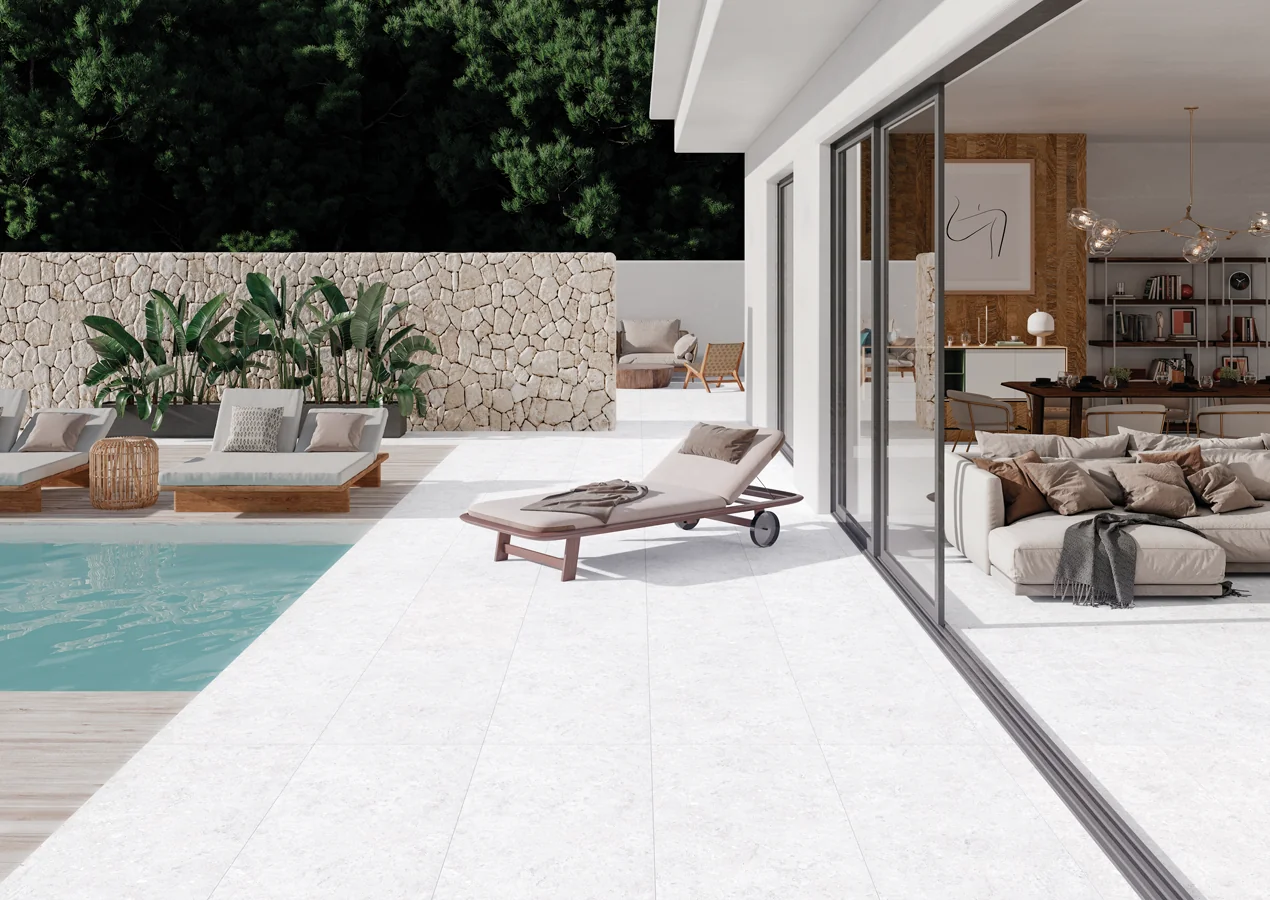
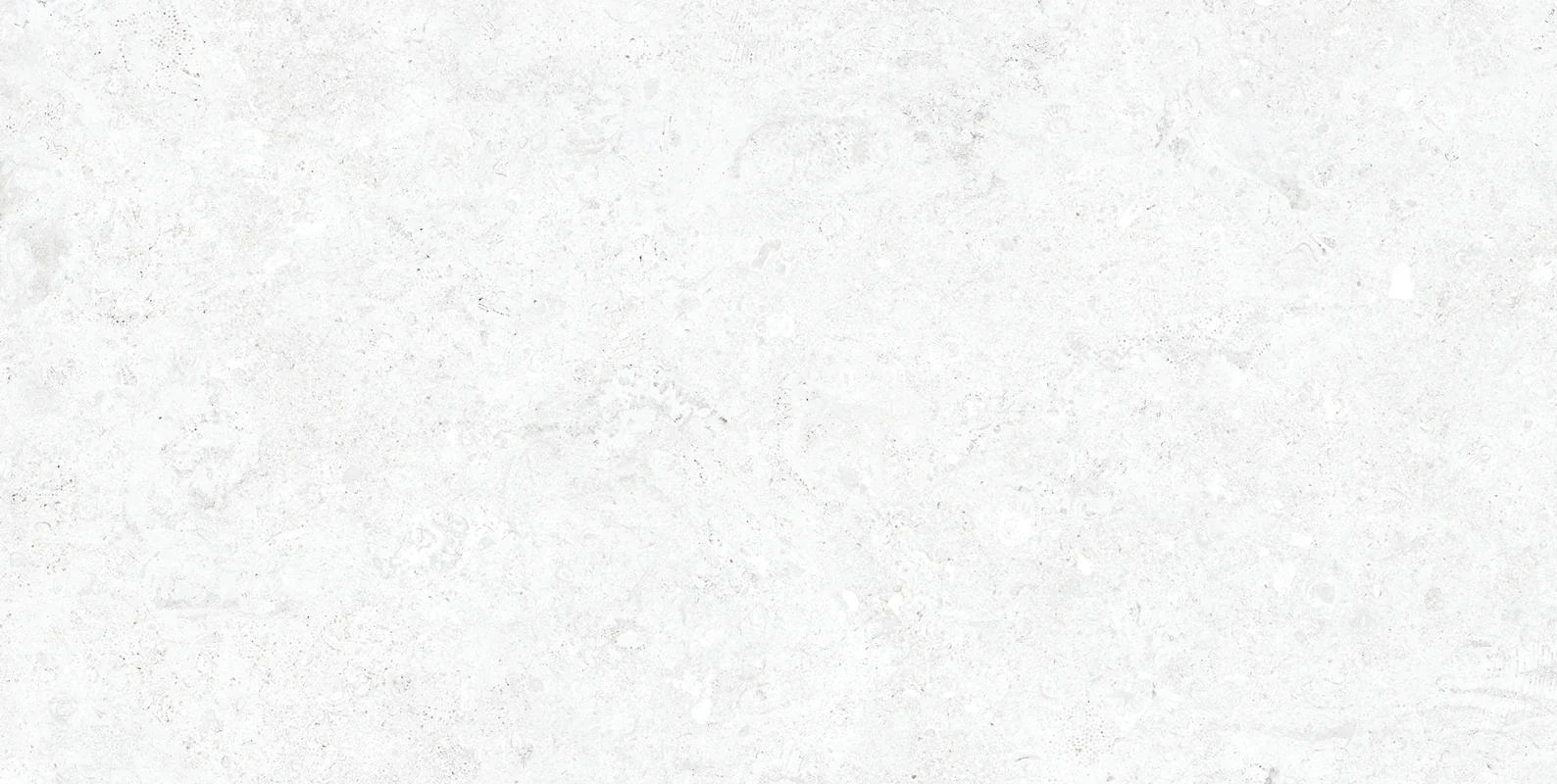

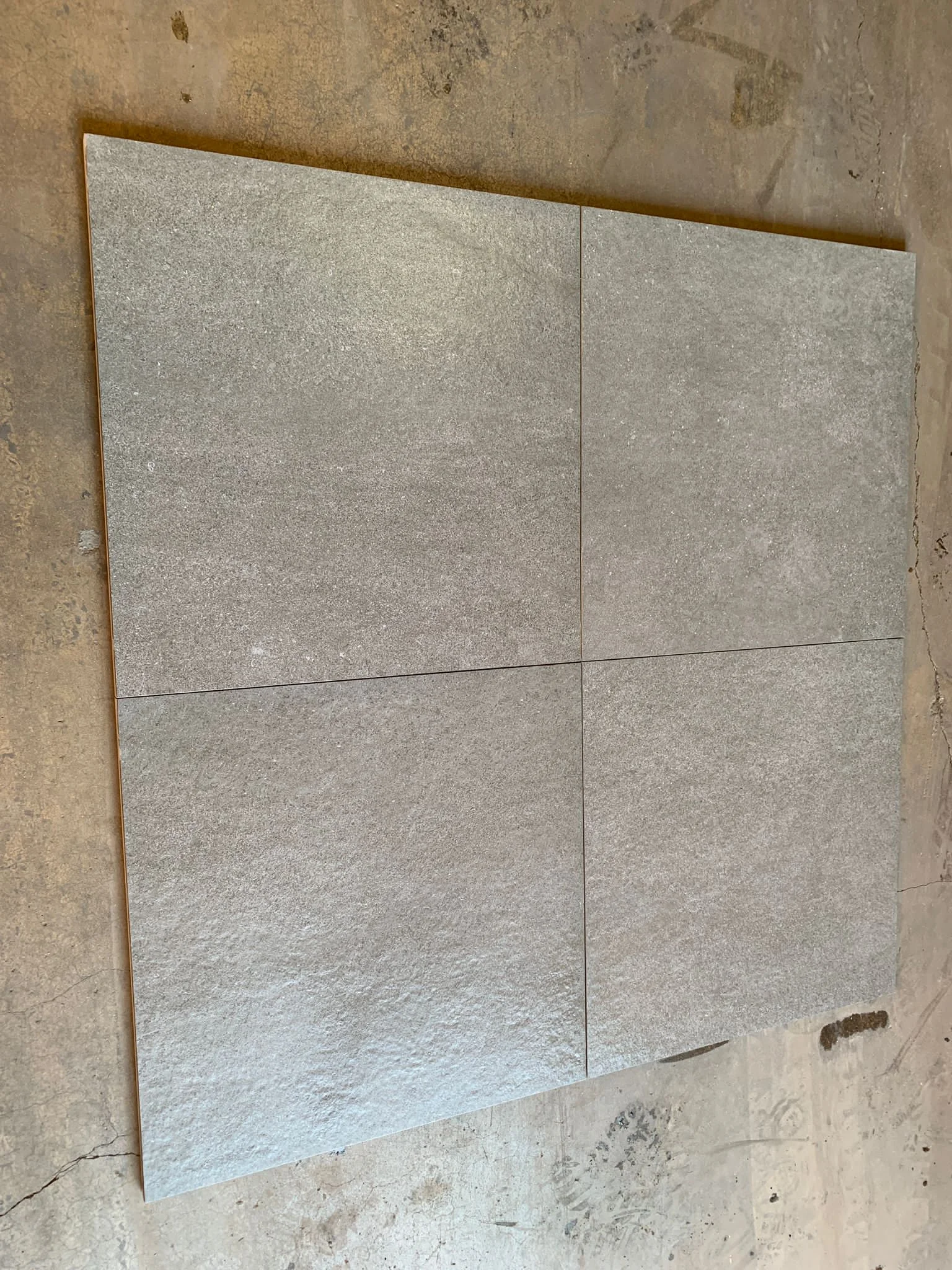
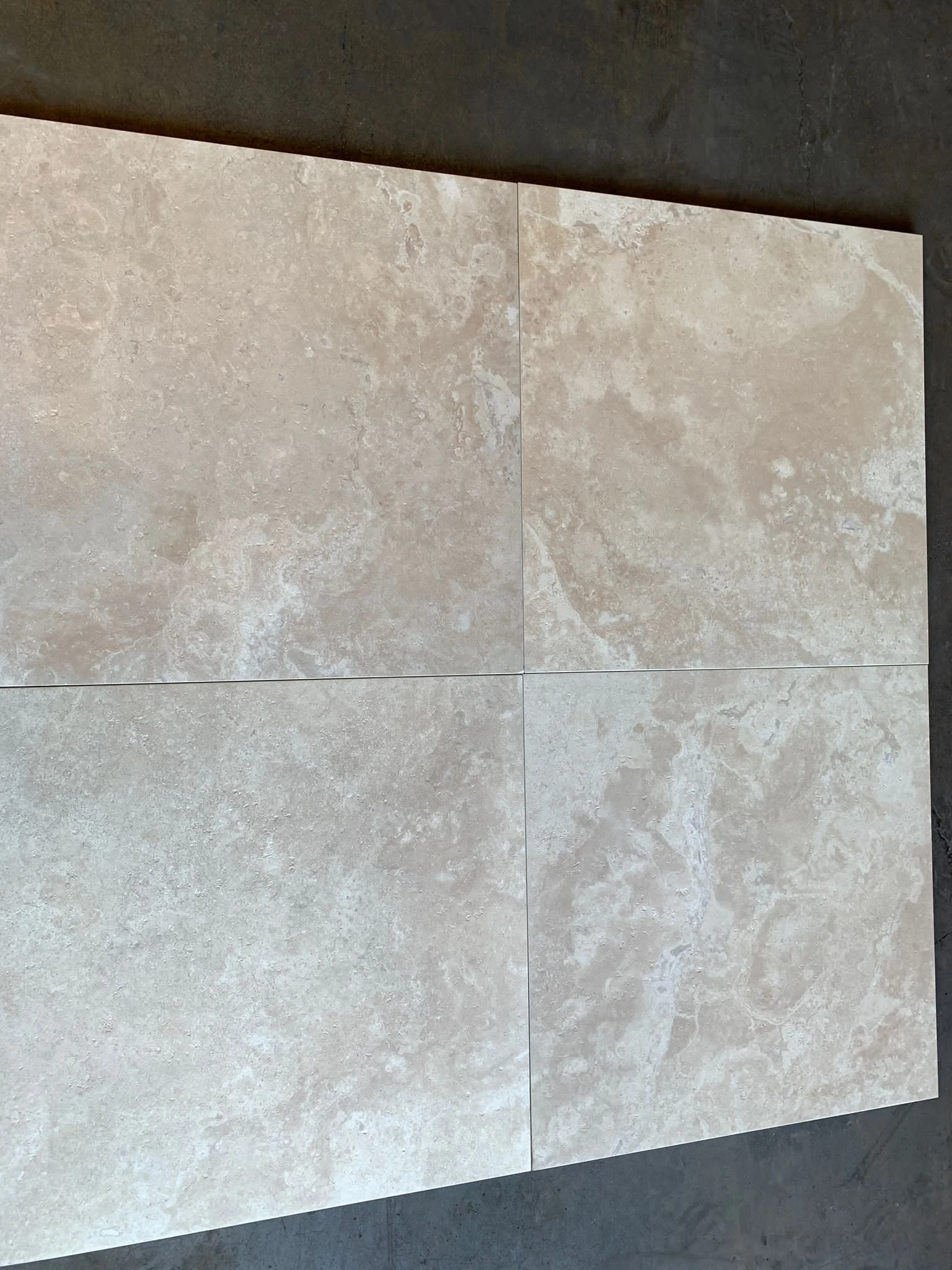
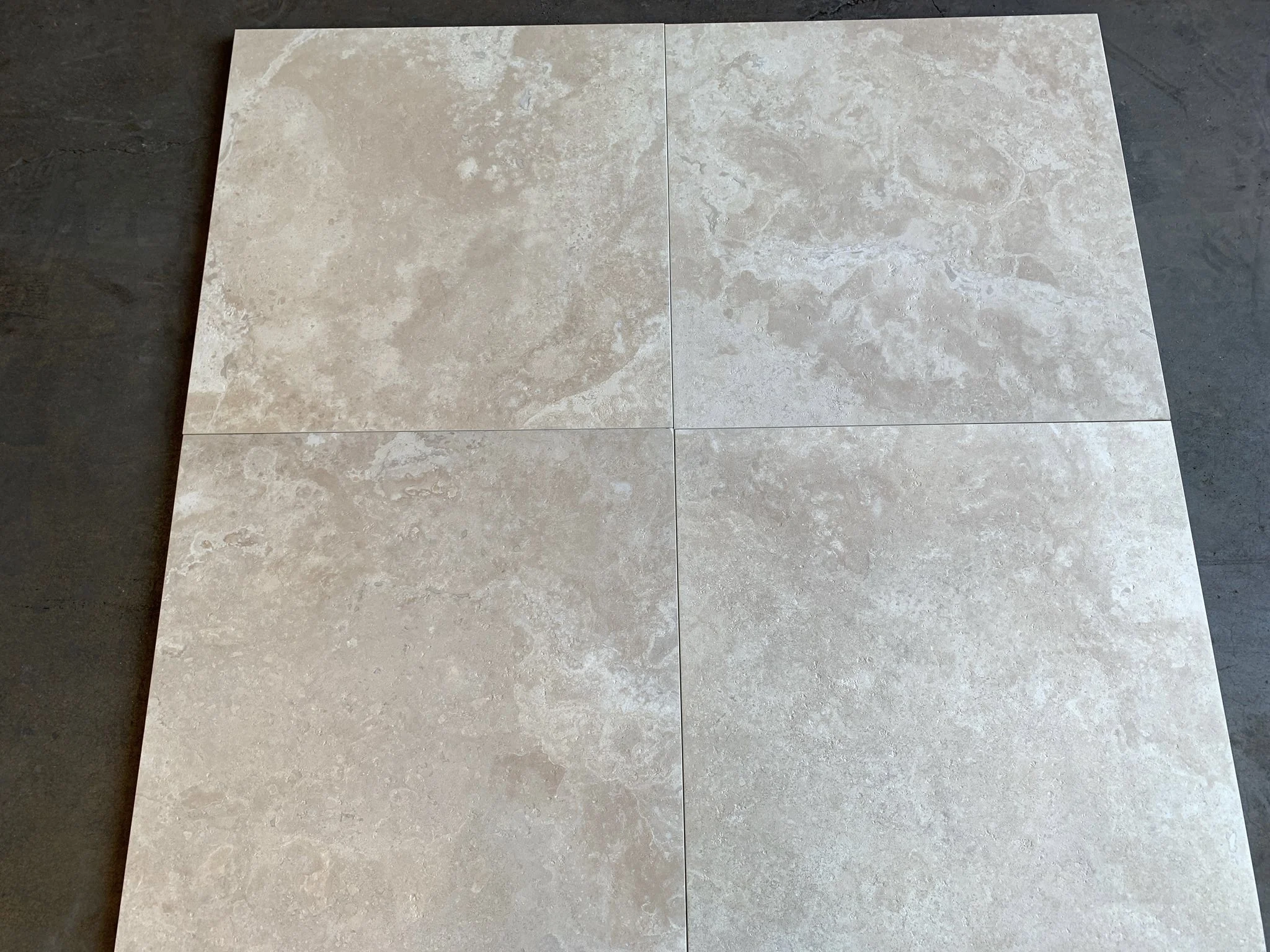

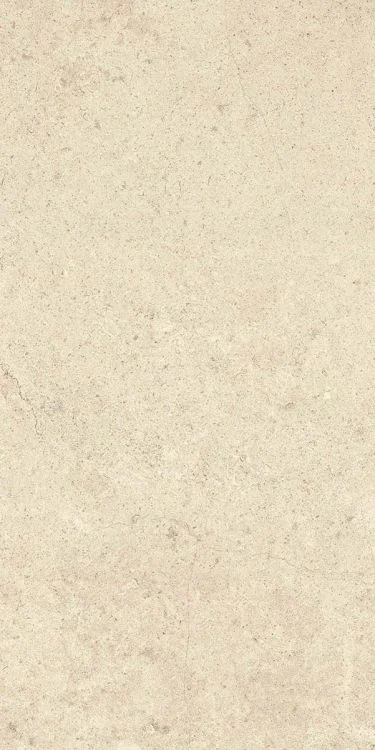


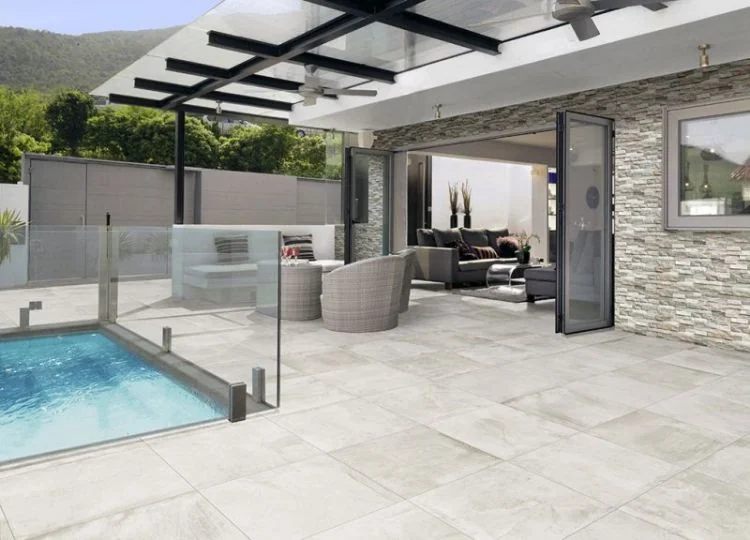
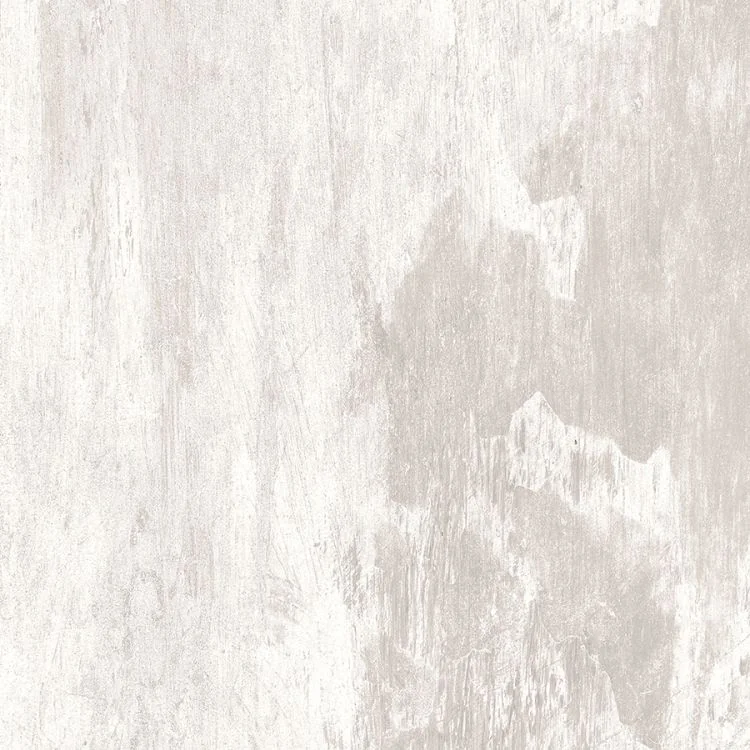
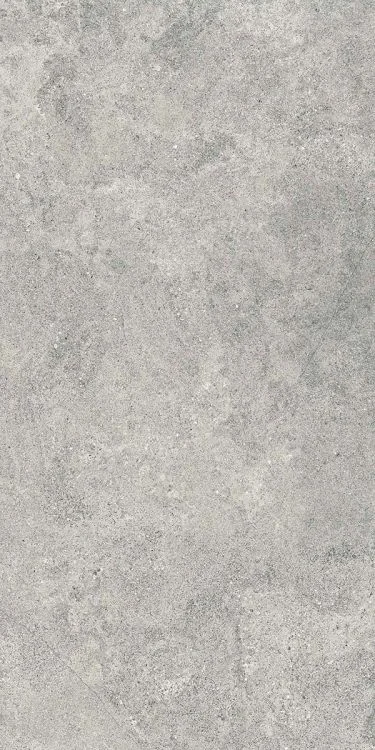
Porcelain pavers are precision-engineered for outdoor performance. Fired at high temperatures, they deliver exceptional resistance to water, stains, and wear—making them ideal for pool decks, patios, and rooftop terraces. Their consistent dimensions and slim profile provide a refined, contemporary look while supporting heavy foot traffic and weather exposure without cracking or fading.
Available in a variety of formats and finishes, porcelain pavers can mimic natural stone, wood, or concrete with remarkable realism. Choose from smooth or textured surfaces, matte or slip-resistant coatings, and install them in stacked, staggered, or geometric layouts. Their dense, non-porous structure requires no sealing and minimal upkeep. If damage occurs, individual pieces can be replaced with ease, offering long-term flexibility and style in any climate.

A: Pavers are used to build outdoor surfaces such as patios, driveways, pool decks, and walkways. They offer durability, water permeability, and aesthetic variety.
A: Sealing is optional but recommended for certain materials. It enhances color, prevents staining, and reduces moisture penetration on porous surfaces like concrete or stone.
A: Yes. Many homeowners install porcelain pavers with proper base prep, edge restraints, and compaction. For large or load-bearing projects, professional installation is advised.
A: Pavers are often more flexible and easier to repair than slabs. They also resist cracking and can adapt better to freeze-thaw cycles and shifting ground.